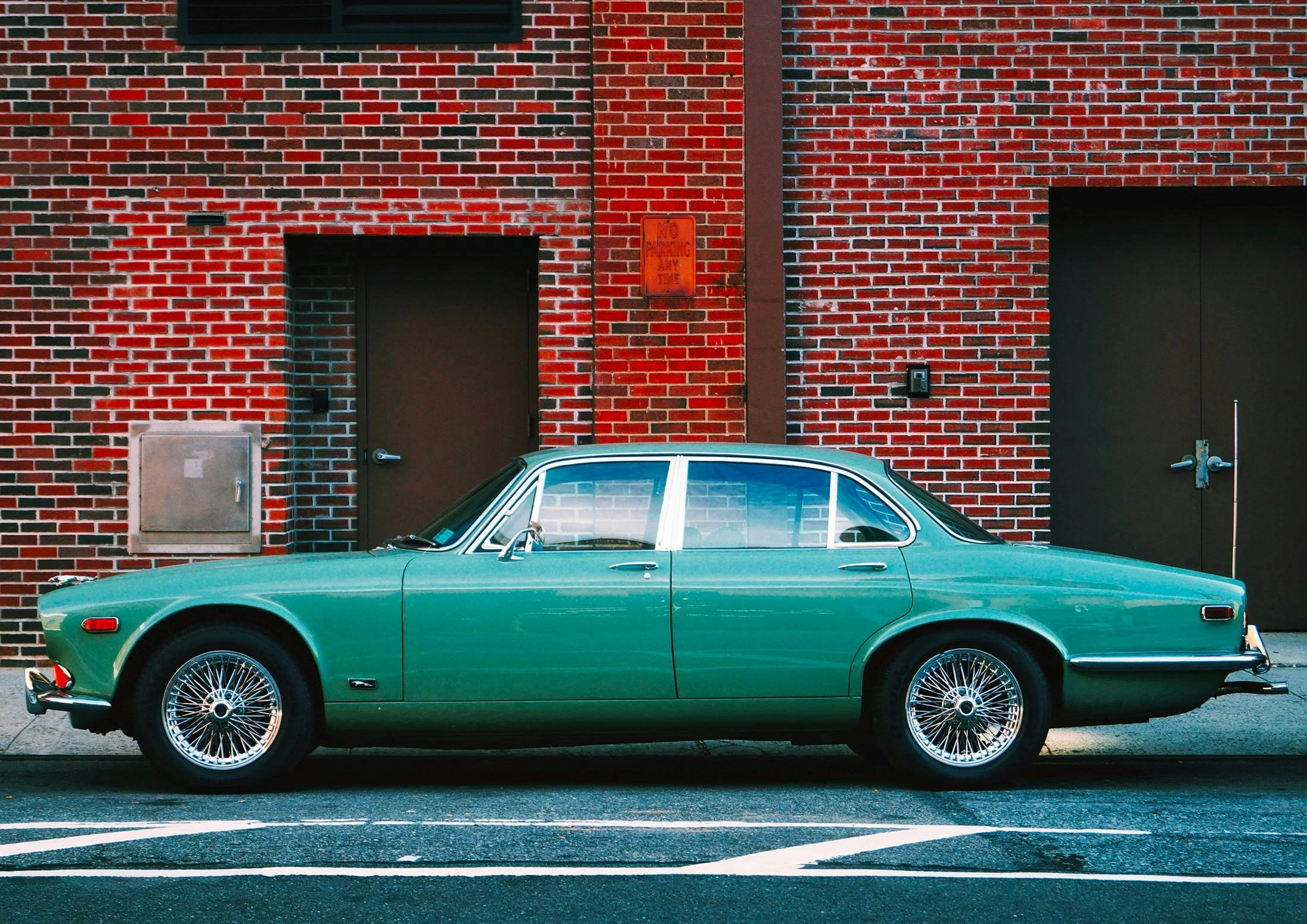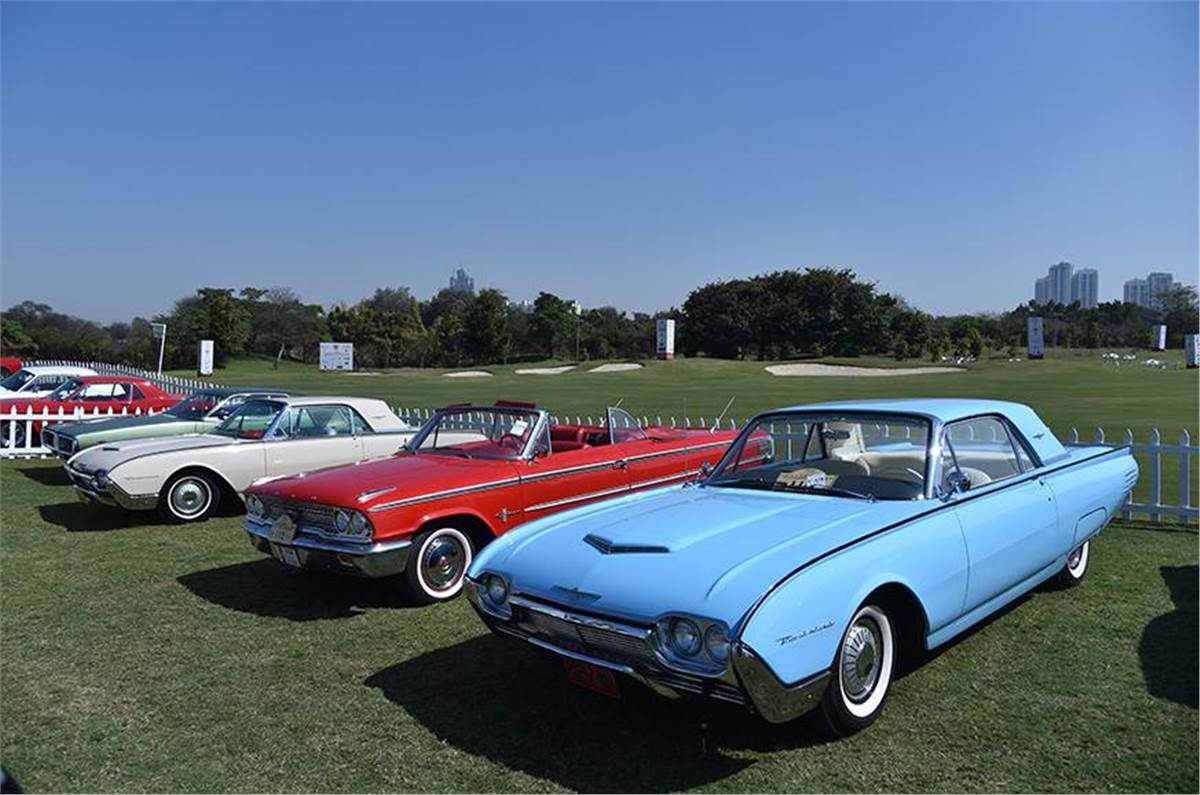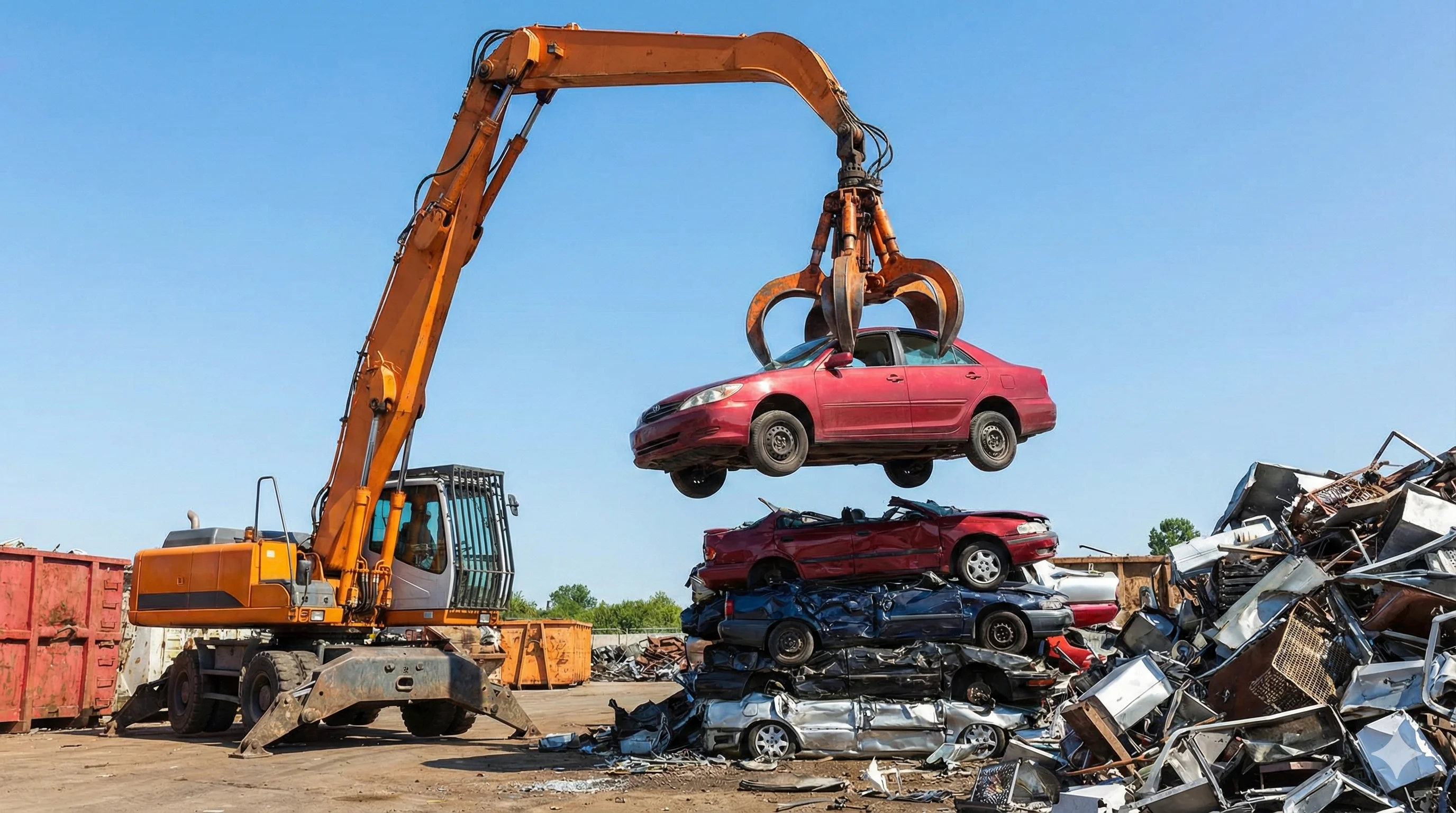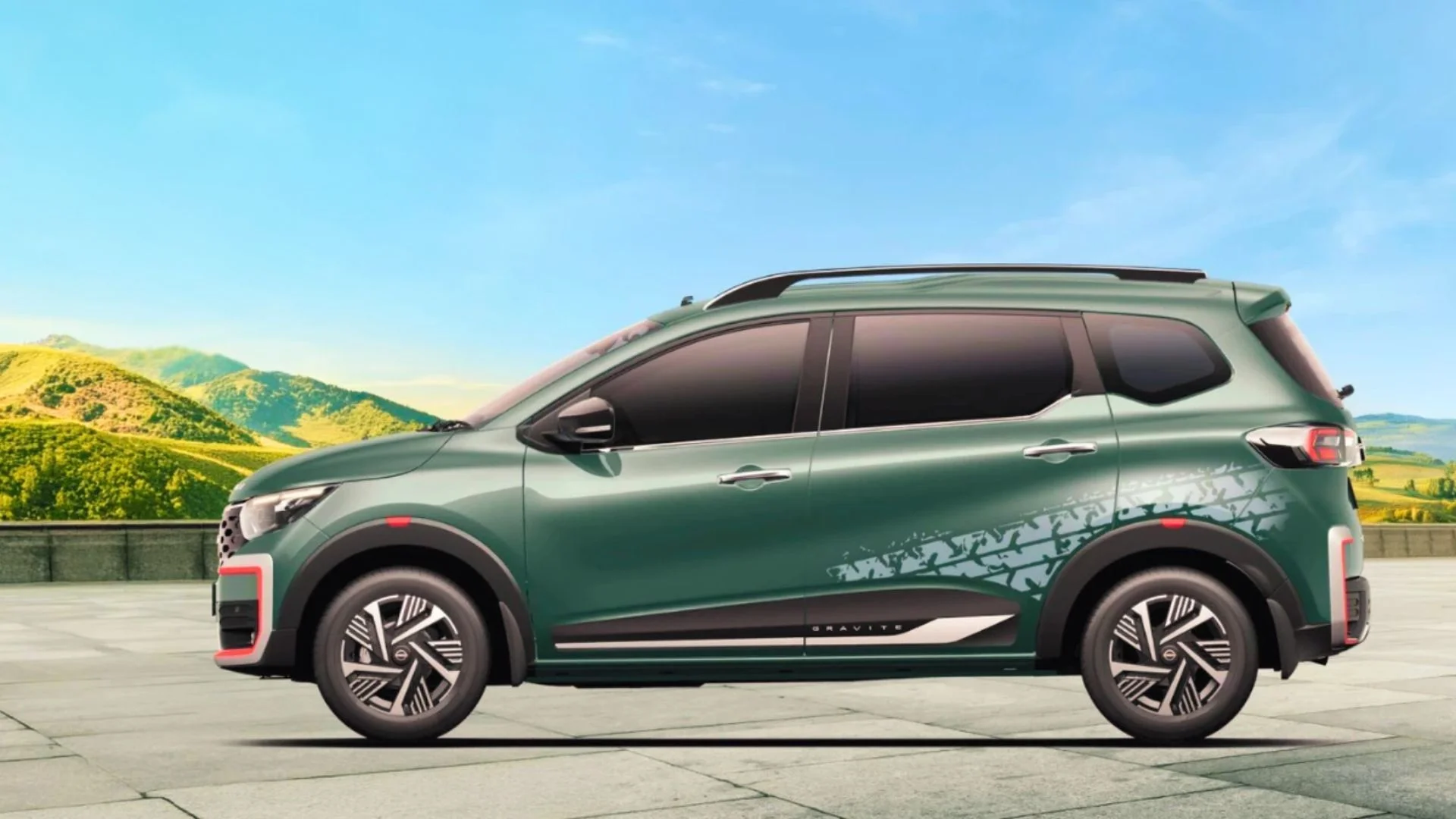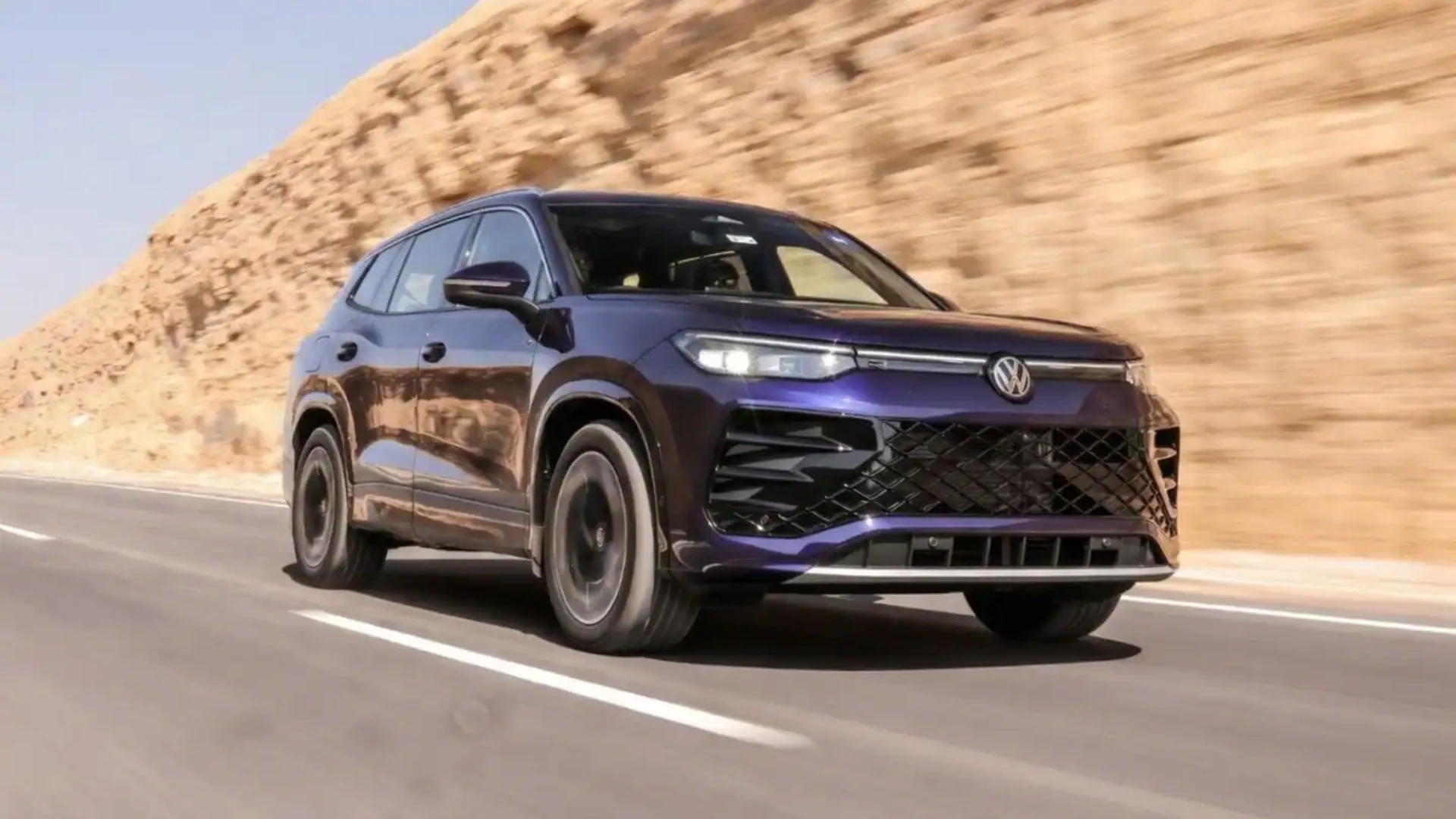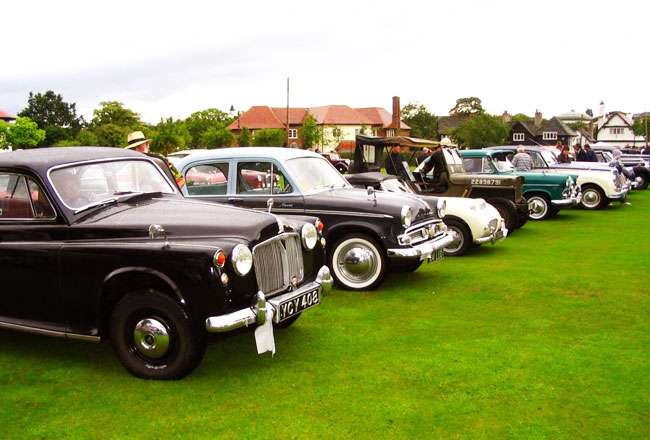
Table of Content
▼India's classic or vintage car registration rules will undergo a major revamp as the gove
ment announced new rules for classic and vintage vehicles. The Ministry of Land Transport has published a draft of a new set of rules regarding the registration or certification of any passenger or two-wheeled vehicle at least fifty years older than the date of the original first registration. Under the new law, issuing a new certificate would cost the owner 20,000 rupees per car and would be valid for 10 years. After that, renewing this registry will cost the owner an additional 5,000 rupees.
• Valid for cars over 50 years old
• The new plate format will contain the letters in VA format to distinguish
• New registrations will cost Rs 20,000 and be valid for 10 years
What will these new plates look like?
According to the new rules, classic and vintage cars will now have a new registration format in the alphanumeric 10-digit format received by all new cars in India. The new format will be "XX VA YY ****", with XX being the state code, VA for the old car, YY being a series of two characters, and **** being one of four. A number between 0001 and 9999 is assigned by the relevant state registry authority. So for example, if a classic car is registered in Maharashtra under number 3112, it will read "MH VA AA 3112". Unlike mode
cars, this unique new series will not have a separate number on its registration plates to denote specific areas of the RTO, but will instead be a country-based plate.
Unlike electric cars that were granted green license plates to distinguish themselves from regular inte
al combustion engines, these registrations will follow classic and old new CMVRs or central car regulations and will have a standard white background with numbers or with black letters. Vehicles will have to display these plates on both the front and the rear and these new plates will be in HSRP format or a high-security license plate. Details of this new registry will also be posted on the Parivahan National Portal.
Owners will also be able to keep the original documents of their old registration numbers, as these papers are an integral part of a vehicle's identity and are often valuable property between classic and vintage car owners.
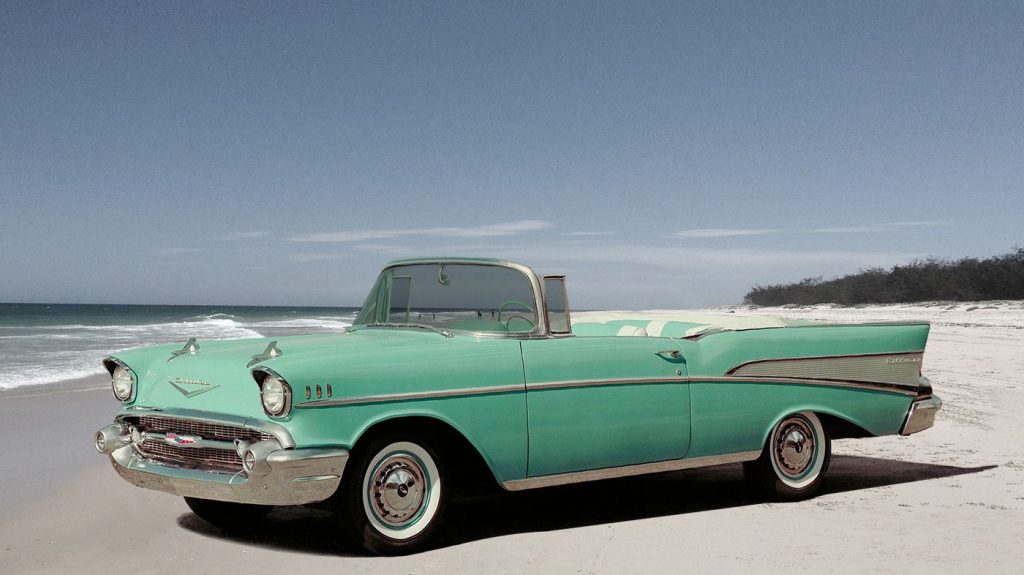
Rules for classic and vintage vehicles: Disqualification criteria
The new draft rules also stipulate that age alone will not be the only condition for a vehicle to obtain a new registration certificate. The car must be in its original form without any substantial modification to its bodywork, chassis, and engine. The VMVSC, which will oversee these registration procedures, may reject the registration application if it is determined that the vehicle does not meet the criteria for the specified rules.
Rules for classic and vintage vehicles: Buying and selling protocols
In addition to these new registration rules, which will likely come into effect later this year, a new law has been put in place for the sale of these old and classic cars. The law states that the sale or purchase of these vehicles will be permitted, provided that the buyer and seller inform their gove
ment transportation authorities within 90 days of the sale or purchase.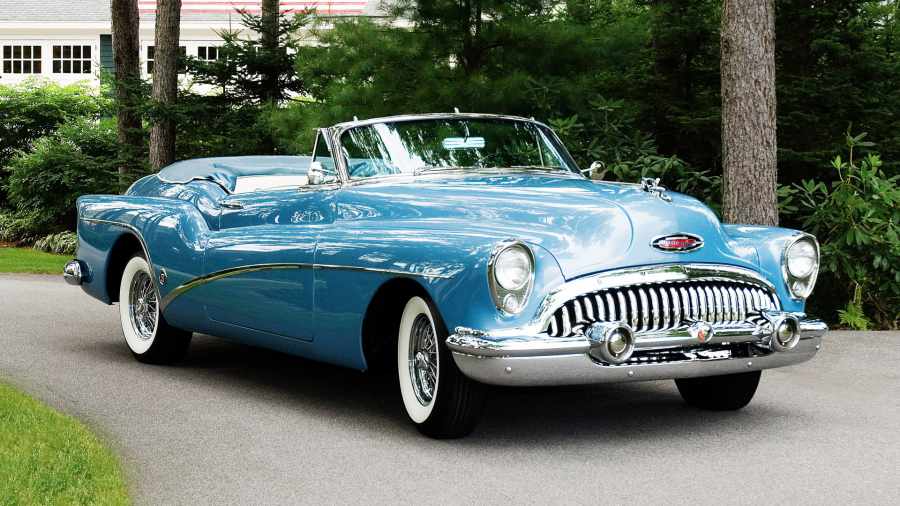
Rules for classic and vintage vehicles: Restricted use
The notice also states that these old or classic vehicles will be subject to restricted use, but will be permitted to drive on Indian roads only for exhibitions or technical research or to participate in the vintage car rally, refueling, maintenance, exhibitions, and vintage rallies.
READ MORE: JCB Machines on CNG power: A clean fuel Machine
Neha Mehlawat
Neha Mehlawat is an automotive journalist and industry analyst with 10+ years of experience covering cars, bikes, and mobility trends. She tracks the latest launches, technology upgrades, and policy changes in the auto sector, delivering sharp insights that help readers stay ahead in the fast-evolving world of automobiles.
